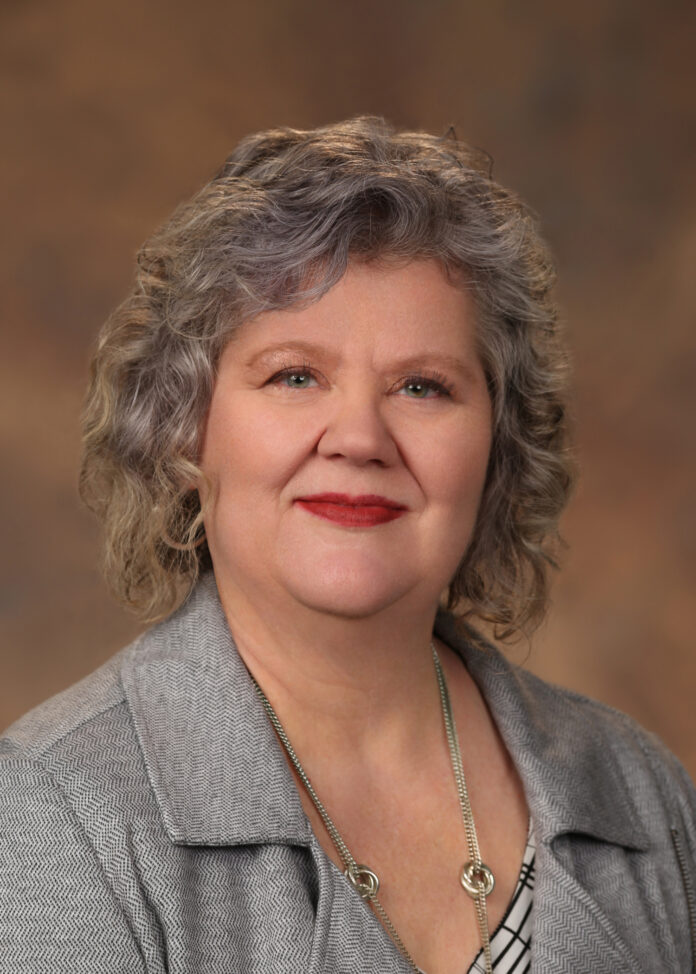
By Carol A. Cates, MSN, MBA, RN
Chief Nursing Officer
Odessa Regional Medical Center
I think all of us have some sort of risk factor for illness because of our family history. For some people it’s heart disease, for some its diabetes, for others it can be things like mental illness, or rare genetic conditions.
For me, my family history puts me a high risk for cancer. All my grandparents died from some form of cancer, my mom died from cancer, and my dad is a cancer survivor.
When my mom died, she was only 57. My youngest son doesn’t remember much about my mom. My brother’s kids have never known her, she died before they were born. I think about that quite a bit as I am approaching the age my mom was when she died. I want my grandkids to know and remember me. I think most people probably feel the same, they want to see their kids and grandkids grow up.
I am telling you about my family history, particularly about my mom dying so young, because of the statistics reported by the American Cancer Society in their report on colorectal cancers earlier this month. In the report they stated there is a significant shift towards colorectal cancers being discovered later and in younger people.
In the mid-2000’s 52% of colorectal cancers were detected at advanced stages (in other words the cancer was discovered after it has already spread to other parts of the body). That number is now up to 60%. In addition, the number of colorectal cancers in people under age 55 doubled between 1995 and 2019. That means that 1 in 5 people diagnosed with colorectal cancer today will be under the age of 55, and of those, 3 in 5 will have advanced cancers.
The American Cancer Society predicts in 2023, 153,020 people will be diagnosed with colorectal cancer and 52,200 people will die because of it. Roughly 10,000 of those people will be under age 55. That is a whole lot of people who will not live to know their grandkids.
Colorectal cancers are the third most diagnosed cancer and the third leading cause of cancer death. An interesting fact about colorectal cancers is that the numbers of people over age 65 who are diagnosed is decreasing. The researchers believe this is because colonoscopy and polyp removal in that population is common.
In other words, people over 65 tend to get regular screening for colorectal cancers, and that allows any pre-cancerous formations (called polyps) to be removed before they turn into cancers. Another good thing is the death rate for colorectal cancer has gone down from 3-4% per year in the 2000’s to about 2% per year in the last 10 years. We are getting better at treating colorectal cancers, even in advanced stages.
The researchers stated that more studies need to be done on why colorectal cancers are showing up in younger people, but they feel that the obesity epidemic, processed foods, particularly processed meats, and use of tobacco products play a strong role.
Other risk factors for colorectal cancer include a diet low in fruits and vegetables, a diet low in fiber and high in fat, alcohol consumption, lack of regular physical activity, inflammatory bowel disease, a family history of colorectal cancer or colorectal polyps, and some genetic syndromes like Lynch syndrome.
The American Cancer Society has recommended because of this trend towards colorectal cancers in younger people that screening for colorectal cancers needs to start at age 45. The Center for Medicare and Medicaid Services (CMS) has followed this recommendation and include that in their coverage.
Many private insurance carriers are following suit, and there is legislation in many states in progress that will require insurers to cover the costs of colorectal cancer screening starting at age 45.
There are a couple of different screening options available. The most common and most effective is a screening colonoscopy. In this test, a physician, usually a gastroenterologist, looks at the tissues in the rectum and colon directly using a small camera inserted into the rectum while the person is under sedation. If the physician sees a questionable area or a polyp, they can remove that tissue and have it sent to a lab for analysis. This is the preferred testing for anyone with risk for colorectal cancer. There are also tests that analyze the DNA in stool to look for cancers.
During Colorectal Cancer Awareness Month, think about ways you can decrease your risks for colorectal cancers, and if you are age 45 or older speak to your primary healthcare provider about how you can not just reduce your risks, but the best screening options for you.



